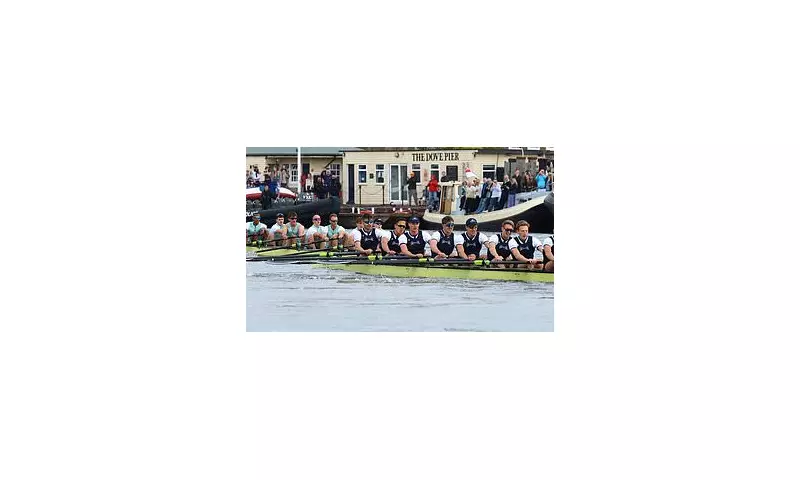
Britain's most hallowed sporting traditions are facing an unprecedented threat from the nation's escalating sewage crisis, with iconic events from The Boat Race to The Grand National being compromised by polluted waters and environmental neglect.
The Unwelcome Competitor in Historic Waters
This year's Boat Race between Oxford and Cambridge universities revealed a disturbing new reality for British sport. For the first time in the event's 195-year history, both teams were warned against the traditional victory celebration of throwing their cox into the Thames due to dangerously high E.coli levels in the water.
The shocking water quality tests conducted by River Action showed readings of E.coli at 2,869 colony-forming units per 100ml of water – nearly triple the Environment Agency's minimum standard for 'poor' bathing water quality. This isn't merely an inconvenience; it's a fundamental threat to the very fabric of British sporting heritage.
A Pattern of Pollution Across British Sport
The Boat Race is far from alone in facing these environmental challenges. The Grand National at Aintree has encountered similar issues, with concerns about water quality affecting both the event's operations and its international reputation. Meanwhile, golf's prestigious Ryder Cup has faced scrutiny over environmental practices at host venues.
What connects these disparate events is a growing pattern of environmental neglect that's beginning to tarnish Britain's reputation as a guardian of sporting tradition. The situation has become so dire that athletes are now reconsidering their participation in events they once dreamed of competing in.
The Human Cost of Polluted Play
Cambridge's British Olympian, Tom Dean, experienced the consequences firsthand during his training, falling seriously ill after exposure to contaminated water. His story isn't unique – numerous rowers have reported similar health issues, raising serious questions about athlete safety.
"There is no way we can expect our athletes to compete in these conditions," one insider revealed. "The romance of these historic events is being destroyed by the very real danger of serious illness."
Broken Systems and Empty Promises
The heart of the problem lies in Britain's crumbling water infrastructure. Thames Water, responsible for the River Thames region, has come under particular scrutiny for its discharge practices and environmental record. Despite public commitments to improvement, the evidence suggests the situation is deteriorating rather than improving.
River Action's testing revealed the alarming scope of the problem, with high readings detected at multiple points along the Boat Race course. This isn't an isolated incident but rather a symptom of systemic failure in environmental management.
The Future of British Sporting Tradition
As Britain prepares to host numerous international sporting events in the coming years, the sewage crisis threatens to become more than just an environmental issue – it's evolving into an economic and reputational crisis for UK sport.
Event organisers now face difficult choices: continue with traditions that may endanger participants, or fundamentally alter centuries-old practices to accommodate environmental realities. Either way, the golden age of British sporting events appears to be under threat from an opponent more formidable than any sporting rival – environmental neglect.
The question now isn't whether Britain can produce sporting champions, but whether it can provide them with safe environments in which to compete. The answer will determine the future of the nation's most cherished sporting traditions.





